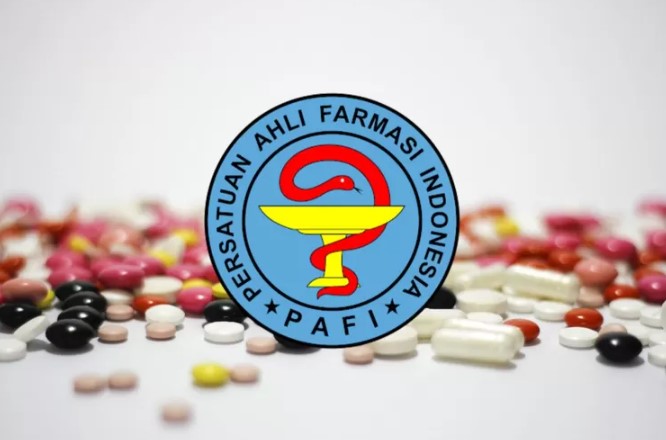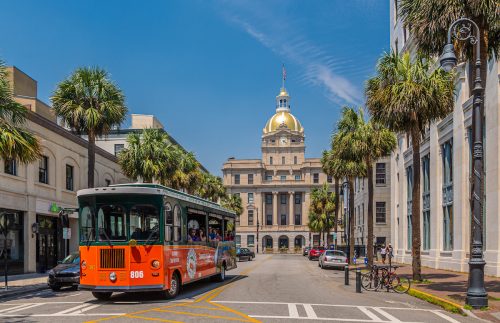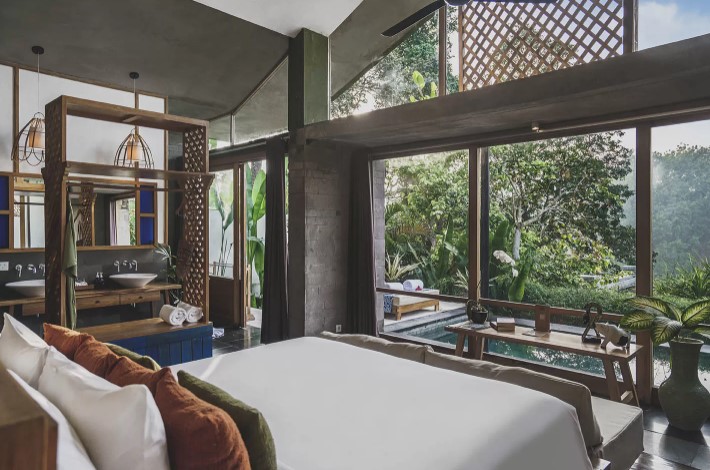With few entry tests, Southeast Asia may gain most from China’s travel revival
/cloudfront-us-east-2.images.arcpublishing.com/reuters/UTKUX6PGGJNABA6WARP5ZPMM44.jpg)
SINGAPORE, Jan 6 (Reuters) – Southeast Asia’s vacationer economies are established to be main beneficiaries of China’s scrapping of vacation bans as they have steered obvious of the COVID-19 tests right before entry that Europe, Japan and the United States have imposed on Chinese website visitors.
Even as the virus tears via its 1.4 billion folks, the world’s second greatest economic system is opening its borders from Sunday, a move that promises to unleash a wave of travellers eager for diversion right after three yrs of strict curbs at property.
These kinds of recently mobile Chinese tourists will decide for “negligible trouble” and head for destinations that do not need testing, which in flip stands to profit Southeast Asia, mentioned CIMB economist Track Seng Wun.
“The busier regional airports are, the much better it is for their economies,” he added.
Although Australia, Britain, India, Japan and the United States are between the nations that call for a damaging COVID-19 check from inbound Chinese, Southeast Asian countries, from Cambodia to Indonesia and Singapore, have all declined these types of prerequisites.
Besides for plane wastewater screening by Malaysia and Thailand for the virus, the region’s 11 nations will handle Chinese travellers like any other individuals.
“We are not taking the stance of discriminating (in opposition to) any nations around the world,” explained Malaysian Key Minister Anwar Ibrahim.
Interest in the location waxed high even in advance of information of its deficiency of test specifications.
As numerous as 76{95dd749b4a874bc27f565dcef4d2c503df0cc86c9838335621b407362d2ba4ee} of Chinese journey agencies rated Southeast Asia as the major desired destination when outbound travel resumed, according to a study introduced in December by trade demonstrate ITB China.
WELCOME Back again
The location is house to numerous tourism-reliant economies in which Chinese made use of to make up the bulk of readers to beach front paradises, luxury malls and casinos that have all been hit difficult by their absence in the last couple of years.
Now, their tourism industries are gearing up to welcome Chinese travellers back.
In 2019, 155 million Chinese travelled overseas, paying out $254.6 billion, or near to the GDP of Vietnam, claimed Citi, whose scientists assume “meaningful restoration” in mass tourism to start in the next quarter of 2023.
In Vietnam, virtually a 3rd of the 18 million international arrivals in 2019 had been from China, while about a fifth of Singapore’s worldwide arrivals were being Chinese who put in S$900 million ($671 million).
Thailand by now expects to welcome 5 million Chinese travellers this calendar year, or about 50 percent of the 10.99 million of 2019. Neighbouring Malaysia assignments 1.5 million to 2 million Chinese vacationers this yr as opposed to 3 million prior to the pandemic.
And the Malaysian Association of Tour and Vacation Brokers is getting ready for a highway clearly show in Chinese cities to woo site visitors, claimed its vice president, Ganeesh Rama.
Number of Wellness Problems
Officers have downplayed wellness anxieties aired by other countries, these kinds of as the United States’ concern over inadequate information and facts and fear that extra conditions in China could spawn new variants of the virus.
Singapore mentioned it had large population immunity, as about 40{95dd749b4a874bc27f565dcef4d2c503df0cc86c9838335621b407362d2ba4ee} of its people had been infected with coronavirus and 83{95dd749b4a874bc27f565dcef4d2c503df0cc86c9838335621b407362d2ba4ee} experienced been vaccinated, although it has bolstered health care ability.
Karen Grépin, a community wellness professor at Hong Kong University, agreed with that technique, adding, “Day-to-day, nations import thousands of instances of COVID-19 from all over the earth.”
In Bali, Ida Bagus Agung Parta, the chair of the resort island’s tourism board, mentioned it would “enhance our defence”, as employees get a second booster dose of vaccine this thirty day period.
Cambodia’s Primary Minister Hun Sen, an ally of Beijing, described other countries’ screening prerequisites as “propaganda” designed to “scare men and women”.
“Whatsoever other country desires to do anything at all, it can be their ideal,” Hun Sen claimed in a recent speech. “But for Cambodia, it is an invitation to Chinese people today: Chinese visitors, come to Cambodia.”
($1=1.3411 Singapore bucks)
With reporting by Panarat Thepgumpanat in Bangkok, Mei Mei Chu in Kuala Lumpur, Khanh Vu in Hanoi, Jamie Freed in Sydney Neil Jerome Morales in Manila, Stefanno Sulaiman in Jakarta, Prak Chan Thul in Phnom Penh and Chen Lin in Singapore Editing by Clarence Fernandez
Our Standards: The Thomson Reuters Rely on Ideas.






